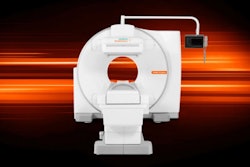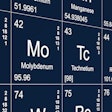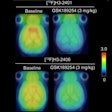Sunday, November 30 | 11:25 a.m.-11:35 a.m. | SSA18-05 | Room S505AB
FDG-PET/CT scans conducted more than six months after primary thyroid cancer treatment can enhance a patient's clinical evaluation and provide a prognostic marker of overall survival, according to this study from Johns Hopkins University."The value of FDG-PET/CT in patients with thyroid cancers has been a topic of much debate for a long period," lead author Dr. Charles Marcus, postdoctoral research fellow in the department of radiology, told AuntMinnie.com. "The findings from the study demonstrate that a follow-up PET/CT study can add value to the clinical management of patients by predicting prognosis and adding value to clinical evaluation."
Marcus and colleagues studied 202 biopsy-proven thyroid cancer patients and 327 follow-up or surveillance PET/CT scans six or more months after initial treatment ended. The median follow-up from completion of primary treatment was 94 months.
Of the 327 PET/CT scans, 161 (49%) were interpreted as positive and 166 (51%) were deemed negative for recurrence or metastasis. Twenty-three subjects died during the study period. As one might expect, patients with positive PET/CT scans had shorter overall survival than those who had negative scans.
"FDG-PET/CT has the unique advantage of imaging the whole body at one scan time point, which is often not feasible with other imaging modalities, and identifies disease if present locally, and distant disease," Marcus said. "The study also shows that PET/CT provides valuable survival information based on the uptake of FDG by lesions."
Relative to clinical assessment, PET/CT identified recurrence in 50% of scans without prior clinical suspicion of disease, and it ruled out recurrence in 37% of cases with prior clinical suspicion.
Marcus said he and his colleagues would like to look at the value of FDG-PET/CT for following up patients with different cancer types.
"We are currently working on a few different cancer types to assess the value of FDG-PET/CT in the same clinical context," he added.




















